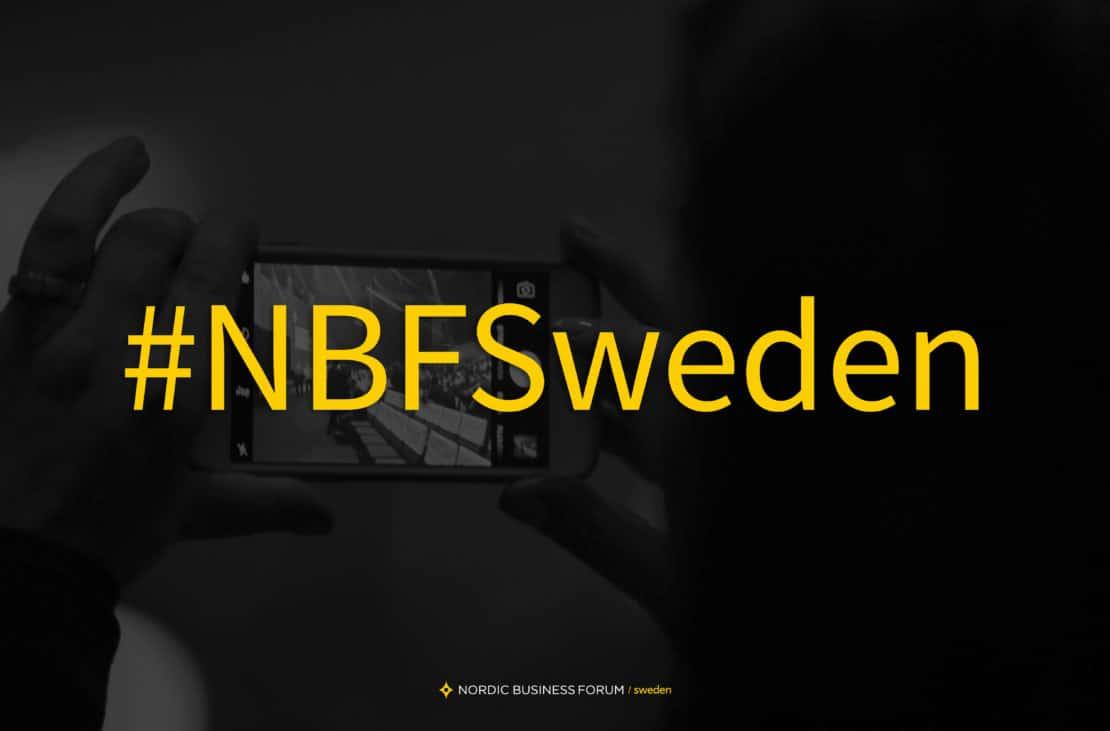16Jan2017
Much as it goes against all the human instincts for survival, disruption underlines the story of human progress and development. And there is no more relevant and contemporary example than that offered by the election in the USA of Donald Trump as president.
That is the conclusion of Kjell A. Nordström, best known as an economist and co-author of Funky Business – Talent Makes Capital Dance in 2000 and its 2003 follow-up, Karaoke Capitalism – Management for Mankind. Nordström describes himself first and foremost as a teacher rather than a conventional economist.“We have no choice but disruption and change, because there are underlying drivers,” he says.
“Trump was created by technology. He’s not a robot, but he is an example of how the pace of change in technology creates so much disruption in business, politics and life in general. It has opened up a new form of politics, whether we like it or not.” Paradoxically, far-reaching transnational disruptions will proceed in the face of a process of de-globalization resulting from new political trends, at least in the short term.
Generally people react against change, says Nordström. “I’ve just been traveling in Africa and that’s where we originate as humans of course, from the Rift Valley. We are programmed to avoid change and risk. We feel we should avoid change as long as we can. But the pressure is high now to change to survive.”
Nordström spoke in a live chat to open the Nordic Business Forum, held in Stockholm for the first time. “The Nordic countries are among the most successful in the world at handling disruption,” he says, adding that he has re-adopted his Finnish citizenship, in tandem with that of Sweden where he was brought up. “These are five small and agile and, crucially, high-trust countries – Sweden, Finland, Denmark, Norway and Iceland. Skype and Spotify were born in the Nordic region, for example.” So disruption takes place against a backdrop of trust.”
So where should we look for the next major disruptions? He responds in a flash: “Virtual money and new models of financing. For example, the Central Bank of Sweden has started a huge screening project to look at how we relate to new ways of financing, such as being able to stream money, where you are paying for time you spend using something. You’ll be able to mail money backwards and forwards without any intermediaries. The possibilities are mind-boggling. And the business models that result will also change politics. The idea is as simple as mobile telephony.”


